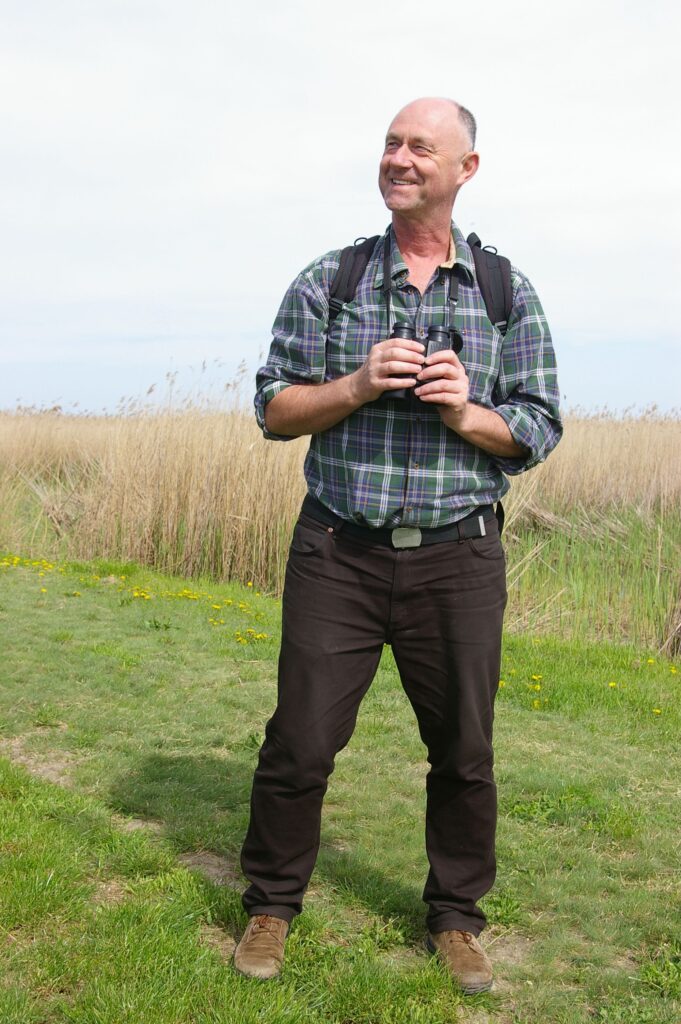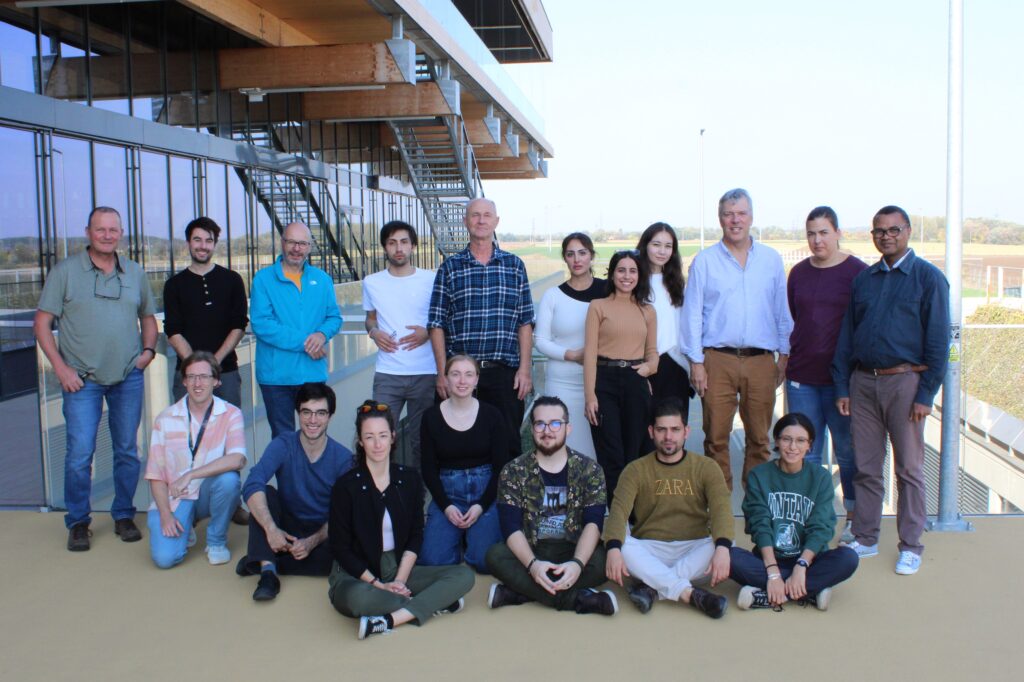Research leader name
Tamás Székely

Climate change and other anthropogenic impacts are threatening biodiversity in a way that is unique in the history of the Earth. Keystone species are becoming scarce, endangered or extinct. Dasgupta, a Cambridge economist, estimates that the global financial loss from these processes is US$5,000 billion a year.
Downloads
I have been studying reproductive strategies at the University of Debrecen since 1988. Our research has shown that one of the major causes of biodiversity loss is changes in reproductive strategies: populations are becoming less productive while mortality rates are increasing. Recently, we have built a new paradigm by studying population demography of reproduction and offspring care. We have conducted research in more than 20 countries, published 250+ papers in peer-reviewed journals (including Science and Nature), and nurtured a new generation of field biologists and conservationists. We have built an active network of national and international research teams, universities and conservation institutions. In parallel with evolutionary ecology research, we have launched long-term monitoring and practical conservation of bird populations.

Our HUN-REN-funded research group has three main objectives: (1) to understand how climate change and anthropogenic processes affect biodiversity; (2) to find solutions to counteract the effects of climate change on populations; and (3) to extend young people’s knowledge of biodiversity through education. To achieve these objectives our group perform a range of activities in ecology, conservation biology and education. We (1) investigate the impact of climate change on reproductive strategies in salt marsh bird populations and implement conservation interventions to counteract negative effects; (2) quantify the impact of climate change on reproductive strategies in Arctic, temperate and subtropical bird populations and predict future changes; (3) analyse global processes using comparative conservation biology methods; (4) we create a unique database of demographic, behavioural and ecological studies; and (5) provide education and outreach in schools and higher education institutions. The above objectives will be implemented in cooperation with the University of Veterinary Medicine, the Institute of Ecology of the HUN-REN and the Hortobágy National Park. Our long-term goal is to combine world-class basic research on domestic and global processes with practical conservation.



